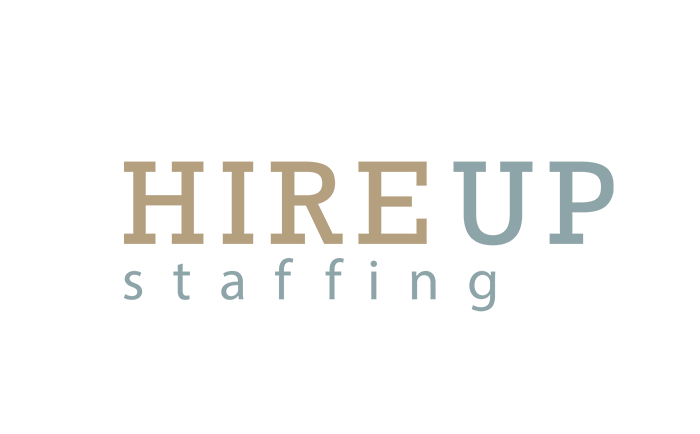It can be hard to know how much is enough!
Negotiating wages and benefits depend on several factors, experience, education, cost of living, job performance, and the financial strength of your practice. So….How do you know how much to pay your staff in a flip-flop economy that is demanding employers to work smarter, spend less, and hire staff that can help them succeed? Do you prefer to pay top dollar and hire only the most qualified candidates or is your hiring philosophy geared more towards entry-level candidates that you wish to train your way? If you chose to hire entry-level candidates you can typically set your pay rate low, however; you should anticipate a commitment of some of your saving towards continuing education and training. The main ingredient is to institute a practice philosophy when it comes to salaries, so you remain consistent across the board. Wages and benefits are the largest component of overhead costs; all practices should review their pay scale annually.
A Good Starting Point
- National & regional salary surveys
- Develop a compensation philosophy
- Set a cap for each position
- For new hires, pay 3% to 5% above the starting salary for each year of experience
- Quantify relevant work experience; give $1.00 an hour for every year of relevant work experience
Components to Keep in Mind
When your wages miss the mark
- Overpaid Staff—If you discover your staff is overpaid relative to your market, freezing salaries is an option—be open & honest with staff about where they sit on the pay scale. It is important to let your staff know that they are paid at the top of the market. Ideas to make up for freezes would be to reward employees for performance with a bonus quarterly, semi-annually, or annually.
- Underpaid Staff—can be a very serious violation, remember, great employees, your best and brightest won’t stick around for long. Failing to pay what is deserved leads to turnover and can be a very damaging situation.
- Understand what your employees want and need—it’s not always about the paycheck. The best way to know what your staff thinks about your salary package is to ask. One idea is to create an employee satisfaction survey, ask them what benefits are most important, what they would like to see added, and how they rate their pay relative to the market.
National Salary Averages 2010 (Based on 0-2 year’s experience)
- Medical Records Clerks-$8.41($17492.80)
- Front Office Receptionist- $11.24($23,379.20)
- Medical Assistants-$12.20($25,376.00)
- Medical Billing Clerks-$13.27($27,601.60)
- Registered Nurses-$21.40(44,512.00)
- Nurse Practitioners-$34.93($72,654.40)
- Physician Assistants-$35.76($74,380.80)
West Region (CA, NV, OR, WA) Salary Averages 2010(Based on 0-2 year’s experience)*
- Medical Records Clerks-$11.49($23,888.89)
- Front Office Receptionist- $12.11($25,188.47)
- Medical Assistants-$13.16 ($27,382.50)
- Medical Billing Clerks-$13.62($28,336.00)
- Registered Nurses-$22.99($47,833.33)
- Nurse Practitioners-$32.59($67,800.00)
- Physician Assistants-$38.38(79,840.00)
*Data from the 2010 Staff Salary Survey, Regional Data West, Physicians Practice.com
Hire Smart-Hire Up
Strategies for recruitment begin with an idea for how much you willing to pay/invest. Utilizing Hire Up can be very helpful as it reduces length of time to fill a position, reduces loss in productivity, and management hours lost, considering the hourly wage of HR/Administration/supervisors sifting through endless resumes of unqualified candidates. At Hire Up we go far beyond the resume with extensive screening, and testing that can be tailored to your organizations needs. At Hire Up Staffing Services, our goal is to ensure your operations remain productive and profitable in today’s economy and in any situation.
Excerpts from:
Shelly K. Schwartz,” What Should You Pay Staff?”, Physicians Practice.com, July 2010
Bob Keaveney, 2010 Staff Salary Survey, Physicians Practice.com



